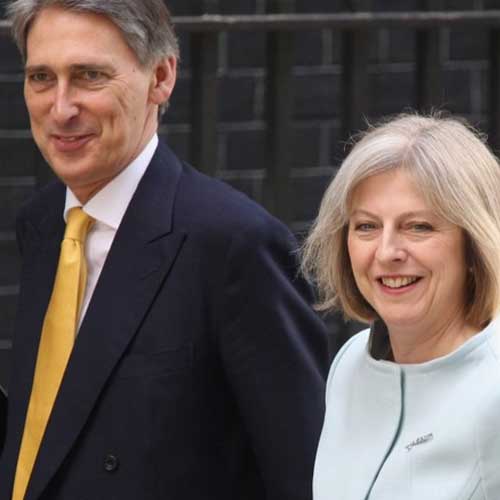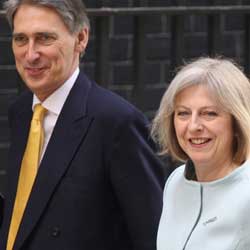This time next week (March 8th 2017) we will be gearing up to hearing Chancellor Philip Hammond deliver his first Budget and mark the last Spring Budget for the UK as the new schedule kicks in and see the full Budget moved to the Autumn.
This year will actually see two Budgets delivered (Spring and Autumn) so it is a little confusing to predict what changes will be announced next week and what will be left until the Autumn. Hammond, when declaring the new schedule, said the Spring announcements will 'not be a major fiscal occasion'. That was about 2018 but the sentiment may still be echoed in next weeks speech.
Later this month sees the triggering of Article 50 following the vote to leave the EU. Hammond has already stated his policy decisions are based upon helping the 'Brexit' process and helping to mitigate negative possibilities from it by including measures to increase productivity at home. To help him some positive news emerged that the UK economy has been growing faster than forecast since the vote so borrowing will be around £12bn less than expected in last year's Autumn Statement - even with the huge increases to borrowing across the longer term.
In terms of giveaways, the Chancellor needs cash or leeway to do so and an extra £2bn in tax receipts from boosts in self assessment and capital gains income may help loosen the purse strings. Coupling this with the stronger than expected economy since the 'Brexit' vote shows that there is around £30bn leeway in the Treasury's coffers.
So, what could we expect?
Businesses across the UK are reeling from the upcoming rates changes. From April 1st 2017 the amount of tax businesses pay on their premises will be based upon rentable values fixed in April 2015. This was previously set at rentable values fixed in 2008. The seven year gap will increase values dramatically and rates, which already account for near a third of outgoings, are set to soar.
The outrage was expected - the government held out on the revaluation until the general election had passed. London businesses are expected in some cases to pay four times as much in business rates over the next five years. There is a possibility of a relief fund being announced to aid those that are affected in order to ease the transition.
NHS departments have already been told to become more efficient and cut costs by up to six percent so hopefully there will not be further cuts to the already stretched healthcare budget.
Efforts at helping people with housing have been focused on home ownership over previous Budgets with the likes of the 'Help to Buy' schemes. PM Theresa May is now thought to be ushering in measures to help the growing renters pool by moving to schemes for affordable rental properties.
Tax changes are already announced for the 2017 tax year with the personal allowance rising to £11,500 and the higher rate threshold to £45,000. Scottish tax rules were recently changed last minute to adjust the higher rate threshold to lower than 2016 levels, read more about that here. There have also been proposals to remove the tax-free limit on redundancy payments.
Keep track of all the announcements right here next Wednesday 8th March. Follow us on Twitter on @uktaxcalculator or search for hashtag #budget2017.



